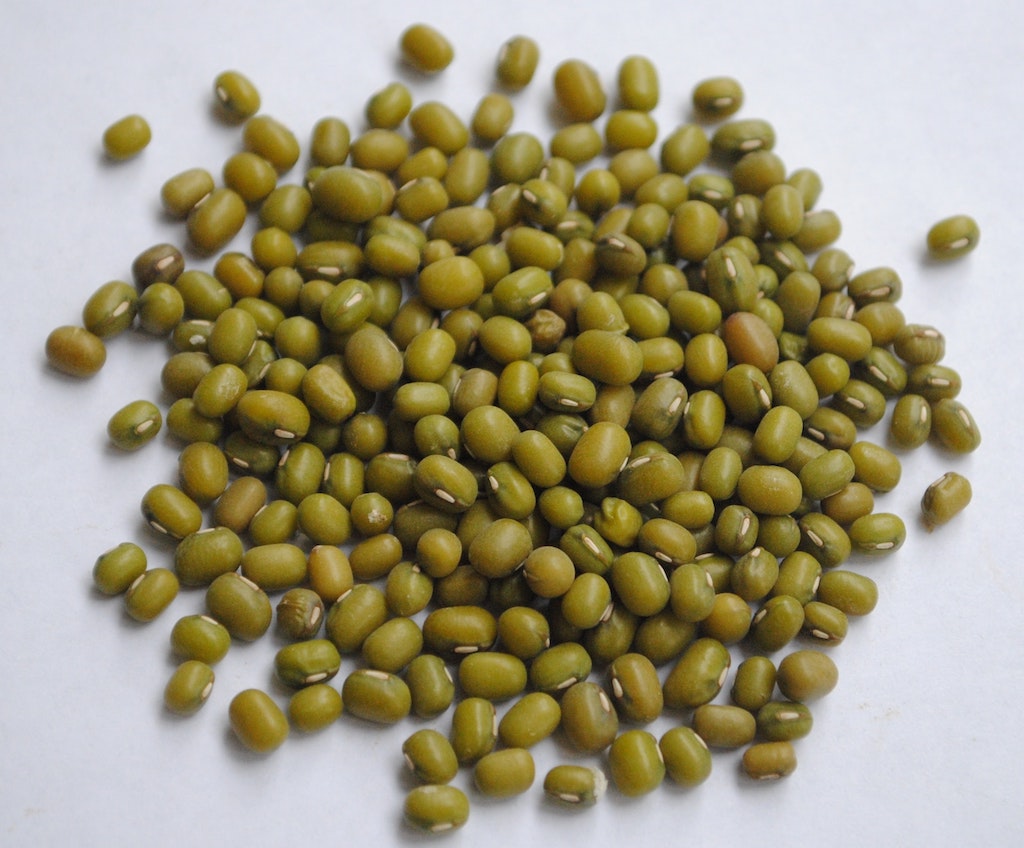4 Mins Read
Mung beans are a versatile and nutritious legume staple and a new GFI APAC report highlights their value in an evolving food industry.
Mung beans have been consumed by many cultures around the world for thousands of years. They are now gaining popularity as an alternative protein source vital to the future of the food industry, due to their high protein content, versatility, and sustainability.
A recent report by the Good Food Institute Asia Pacific (GFI APAC) highlights the untapped potential of mung beans as a sustainable and nutritious alternative to animal-based proteins in the growing Asian market.
Mung beans are a rich source of protein, containing about 24 percent protein by weight, which is comparable to other legumes such as lentils and chickpeas. Mung beans are the base of Eat Just’s vegan egg product, and the high protein content makes them an ideal ingredient for other plant-based products, the report notes.
‘A portfolio of solutions’
“There is no silver-bullet ingredient that fits every system, so we need a portfolio of solutions that
slot into various regional and product contexts,” reads the report. “Mung beans are a mighty plant protein with a functional fit for many plant-based applications, which can bring a business case across the value chain.”
According to the report, mung beans hold potential across dairy, meat, and egg successor categories.
“Mung bean proteins cater to lactose-intolerant consumers without triggering other common allergens like soy and wheat proteins,” the report notes. Lactose intolerance is extremely prevalent across Asia —affecting nearly 100 percent of East Asia — and affects 68 percent of the global population.

“While the nascency of mung bean product development means it is too early to tell what the best
applications are, first-mover companies claim the excellent dairy-like functionality of mung bean proteins and their status as low-allergen and non-GMO can bring unique consumer benefits, including superior taste and appealing clean labels,” the report notes.
GFI APAC also points to the potential to supplant eggs, particularly amid the avian flu disruption of the supply chain.
“Shocks to the conventional egg market in 2022 illuminated the supply-side risks facing animal proteins, the impact on price parity, and the value of plant-based eggs as volatility-proof substitutes,” reads the report. Skyrocketing egg prices driven by the outbreak saw sales of Just Egg, the leading mung bean-based egg alternative jump 17 percent in Q4 2022.
“Plant-based eggs are not only a market opportunity in Asia, which is the world’s biggest egg-consuming region, but an imperative to future-proof the egg supply,” the report reads.
Mung beans hold potential in the alternative meat category as well, the report notes. “In order for alternative meats to take off in Asia, they must demonstrate key functionalities such as
the formation of an emulsion—a heat-stable gel with a desired mouthfeel—which can be found in mung bean proteins,” GFI APAC notes.
Beyond Meat and PepsiCo’s recent joint venture tapped mung beans for plant-based jerky. “The snack segment represents 12 percent of the global meat market and its growth trends are strong with the rise in snacking behaviour since COVID-19, increased desire for healthy, protein-rich snack options,
and the extremely high demand for convenience food in Southeast Asia,” reads the report.
Mung beans also show potential applications for cultivated meat and fermentation. “The protein residue
and peptides left in the water after washing and concentration processes can be extracted and potentially used as plant-based culture media components for the cultivated meat industry,” says GFI APAC. “For fermentation, mung bean hulls have been proven as a good feedstock for the production of xylitol, which is an ingredient used in obesity intervention. Mung bean components may have additional untapped potential in other microbial fermentation processes.”
Mung bean sustainability
Beyond their versatility, one of the key benefits of mung beans is their sustainability. Mung beans require considerably less water and land compared to animal-based proteins, making them an eco-friendly protein source. They are also less resource-intensive than other plant-based protein sources such as soybeans and peas. Moreover, mung beans can be grown in a variety of climatic conditions and are relatively easy to cultivate, making them a versatile crop for farmers.

The GFI APAC report also highlights the potential of mung beans in addressing food insecurity in Asia. As a staple food in many Asian countries, the mung bean’s high protein and nutrient content make them an ideal food source for populations that are struggling to meet the protein demands of rising populations.
“Crop diversification offers huge potential to increase mainstream acceptance of alternative proteins across Asia and build back the health of our global food system,” reads the report. “Alternative proteins are a dramatically more efficient way of producing protein to meet the soaring consumer demand; however, we need to urgently accelerate product development to drive consumer uptake. Developing alternative proteins using diversified and localised plant protein sources will bring relevant product benefits, and lay the foundations for a sustainable and secure food system that can cope with the
vulnerable and volatile climates we face now and in the future.”




